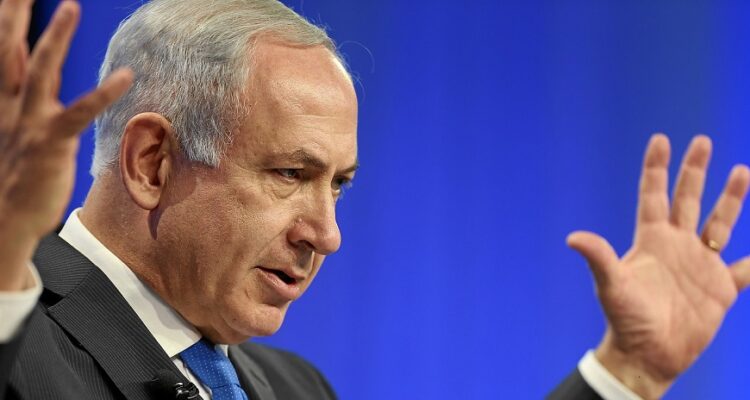Just like in the “Terminator” movies, he is back. Benjamin “Bibi” Netanyahu, Israel’s longest-serving prime minister, is likely to return to power after a year and a half in opposition.
Ever since he first became prime minister as the head of the Likud party in 1996, Netanyahu has proven to be an incredibly talented political wizard. Despite a long history of alienating political allies who then turned against him, and notwithstanding his indictment on three cases of corruption, he has remained a central player in Israeli politics. The last government consisted of a disparate coalition of anti-Bibi parties, whose only shared objective was to evict Netanyahu from the prime minister’s office. The government did not last long. Bibi, on the other hand, has remained a power-hungry master of politicking and an expert in outsmarting his rivals.
The rabbit Netanyahu pulled from the hat in the run-up to this month’s elections—Israel’s fifth in less than four years—was the mentoring and legitimizing of Israel’s extreme right. Netanyahu orchestrated the merger of three small ultranationalist-religious parties so that they could pass the electoral threshold, with the promise to include them in government should his bloc win. During the electoral campaign, he cheered the extremists and adopted some of their themes. The gamble paid off. While Bibi’s traditional ultra-Orthodox allies also increased their electoral strength, the real news of these elections is the meteoric rise of the Religious Zionism party headed by Itamar Ben-Gvir and Bezalel Smotrich. It became the third-largest party in the Knesset, Israel’s parliament.
Ben-Gvir, the leader of the Jewish Power (Otzmah Yehudit) faction within the Religious Zionist party, is not just any right-wing politician. He started his career with a now defunct political party that called for the “transfer” of Israel’s Arab citizens out of the state. Ben-Gvir later joined the Kach party that was founded by the U.S.-born Rabbi Meir Kahane. Calling Arabs “dogs,” Kahane wanted to strip Arab Israelis of their citizenship, ban marriage between Jews and non-Jews, and maintain a Jewish majority in Israel at all costs, even if that meant the end of democracy. In the late 1980s, Kach was forbidden to run in Israel’s elections because of its racist and undemocratic positions; the movement was subsequently designated a Jewish terrorist organization in Israel (and the US).
Read the article by Raffaella A. Del Sarto in Australian Outlook from the Australian Institute of International Affairs.

